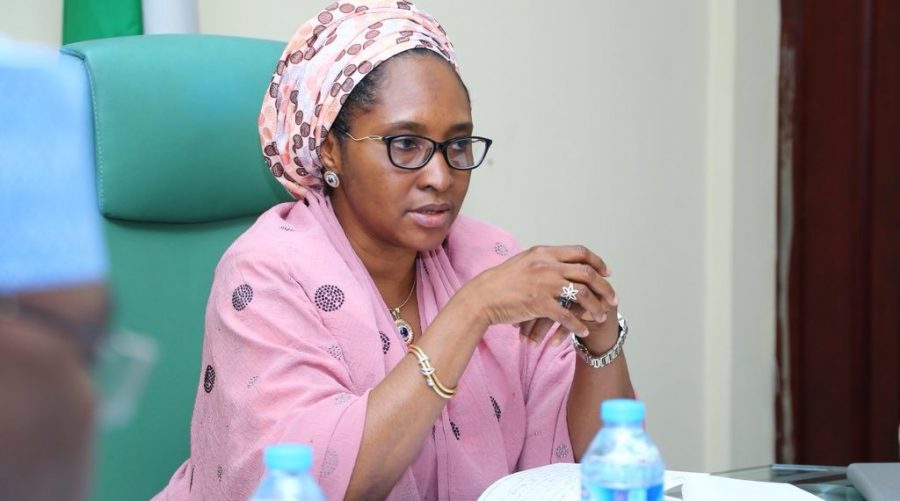The Minister of Finance, Budget and National Planning, Zainab Ahmed, on Wednesday, debunked the claim made by the Edo State Governor, Godwin Obaseki, that the Central Bank of Nigeria had to print between ₦50billion and ₦60billion for states to share in March at the meeting of the Federation Account Allocation Committee.
While describing the governor’s claim as very sad, the minister clarified that the money being shared monthly at FAAC is revenue generated and not printed as the Edo Governor stated.
Recall that Obaseki had last week raised the alarm over Nigeria’s financial position which he said made the CBN to desperately print about ₦60billion to augment allocation shared by states in March.
‘When we got FAAC for March, the Federal Government printed additional ₦50-₦60 billion to top-up for us to share.
Read Also: 2023 Election Won’t Be Business As Usual, Obaseki Declares
‘This April, we will go to Abuja and share. By the end of this year, our total borrowings are going to be within ₦15-₦16 trillion,’ a concerned Obaseki had lamented over the weekend.
But while answering questions from State House correspondents on Wednesday, the minister said Obaseki’s claim was not factual.
The minister described revenue distribution as a piece of public information that is available to all while also faulting the governor’s on the alarm raised on the country’s borrowings.
She insisted that the nation’s debt profile is still within sustainable limits.
Ahmed said, “The issue that was raised by the Edo State Governor, for me, is very sad because it is not a fact.
‘What we distribute at FAAC is revenue that is generated and in fact, distribution revenue is a piece of public information.
‘We publish revenue generated by FIRS, the Customs, and the NNPC and we distribute at FAAC.
On the issue of borrowing, the minister added, “Nigeria’s debt is still within sustainable limit.
“What we need to do as I have said several times is to improve our revenue to enhance our capacity to service, not only our debt but to serve the needs of running the government on a day-to-day basis.
‘So, our debt currently at about 23% to GDP is at a very sustainable level, if you look at all the reports that you see from multilateral institutions.’ She concluded
AFRICA TODAY NEWS, NEW YORK
